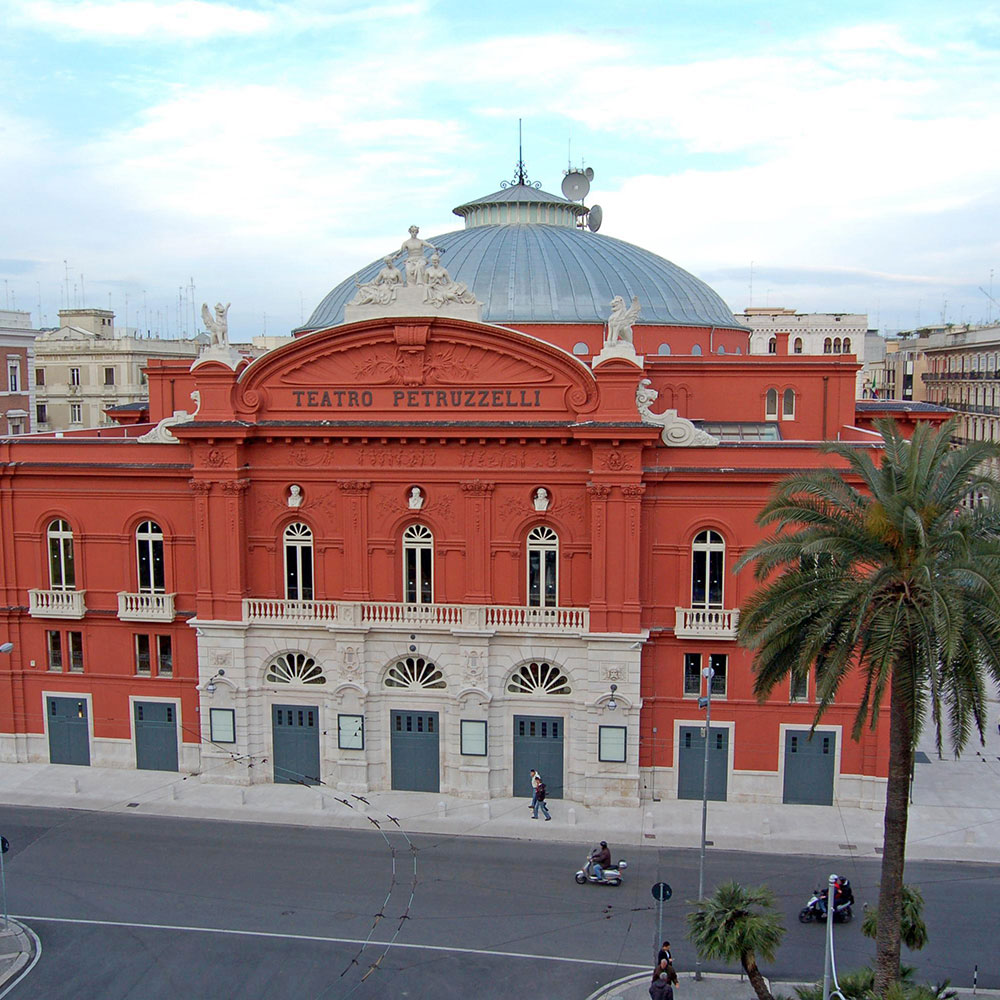BARI VIA QUARNARO
Understanding each other to the sound of music
The Post Office of Via Quarnaro 10 is a stone’s throw away from the Teatro Petruzzelli, the largest theatre in Bari and the fourth largest in Italy. The position of this branch is strategic: even though Bari does not have a well-defined multi-cultural neighbourhood, the area that stretches between the seafront promenade and Piazza Umberto is a very cosmopolitan, bustling district. A century ago, this branch was called ‘Bari 2- Borsa’, because it was situated in the heart of the ancient financial district. Today it is a colourful patchwork of Esperanto that represents a possible integration, since all services are accessible to everyone. Customers confirm that this branch makes an important contribution to the city, because every issue is resolved with a smile.
Since 2015 services are provided in six different languages, helping to make the separation from home less difficult. Manager Raffaelle Troiano has reported many positive interactions with clients, some ending in long-lasting friendship. Productivity has increased by 20% since this multi-lingual service was launched. The credit goes to a highly motivated and professional team. Three members of the team speak English, two speak Mandarin and one, Parashqevi Capo, is from Albania. In addition to tourists, the office is often visited by entire communities. Since the linguistic barrier has been knocked down, many magical moments have occurred.
Powdered milk for babies (which is very expensive in China) or a casket to send to Afghanistan: the service requests are many and varied. A young Israeli singer, who showed his gratitude by gifting his album to an employee who later found out he was a celebrity. Last but not least, the entire staff was once invited to attend a wedding in Pakistan. However, instead they went out for a spicy ethnic dinner. Mario Binetti, post office worker by day and deejay by night recalls funny episodes tied to different cultures. “For example, one morning the Post Office was filled with women in niqabs. After an initial sense of unease, we became curious to learn about our cultural differences: the habit does not make the monk.”

